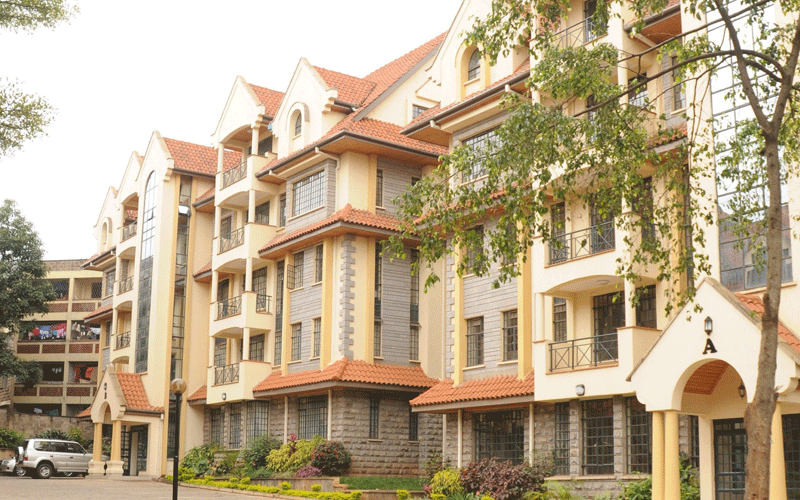House deals will not help low earners

Stakeholders in the built environment want the affordable housing programme (AHP) by the government modified if it were to meet it’s intended purpose.
Speaking at a forum by the Architectural Association of Kenya (AAK) during the launch of the Status of the Built Environment report which presents highlights in the real estate sector, financing, policy and legislation President of East Africa Institute of Architects Florence Nyole said needs to take a ‘social housing’ model to succeed.
“Ideally the focus should be on social housing rather than affordable housing because most Kenyans who need these houses are likely to miss out from the programme.
Equally, most of these housing units’ designs do not conform to current social needs for the target market,” says President of East Africa Institute of Architects Florence Nyole.
Affordable housing
The government had intended to construct over 500,000 affordable houses by 2022 but nearly five years later less than 1,000 units are ready for occupation.
Upon completion, the project which is the first development promoted by the Government under the Affordable Housing Program will be integrated into a human settlement project comprising 1,370 units whose aim, according to the government, is to reduce mortgage costs as well as lower construction costs among low and middle income earners.
But Nickson Otieno, the Chief executive of Niko Green – a tech-based company that involved in sustainable solutions says that the units are not ‘ideal’ for social living based on their designs and that the government should instead engage local developers and stakeholders in modifying some of the models proposed.
“Engagements and collaboration in terms of designs and other areas like costs of building materials are necessary if this dream is to be met,” says Mr. Otieno.
He said affordable housing means units that are reasonably priced for individuals with median household income, and does not cost so much that a household is unlikely to meet other basic needs on a sustainable basis.
The Kenya National Bureau of Statistics (KNBS) data on income shows that distribution in the formal sector, affordable housing would be units that can be afforded by individuals who earn Sh50,000 and below per month, which is a total of 74.4 per cent of persons employed in the formal sector in Kenya.
Median income
Otieno further notes that to gauge the price of a house by income levels, and assuming a 20-year mortgage at 13.5 per cent interest rate, having paid 10 per cent deposit where 40 per cent of income goes to pay monthly instalments, then the median income that individual can afford is a maximum of Sh1.8 million per house.
The very best case scenario would be to assume twice the monthly income where a household has two income-earners, then the median income household can afford a maximum of Sh3.6 million for a house.
Estimations by real estate and venture firms like Cytonn Investments show that, at prevailing market conditions, an affordable house would cost Sh3.6 million and below – which is way below the target market meant to occupy such units put up by the State.















